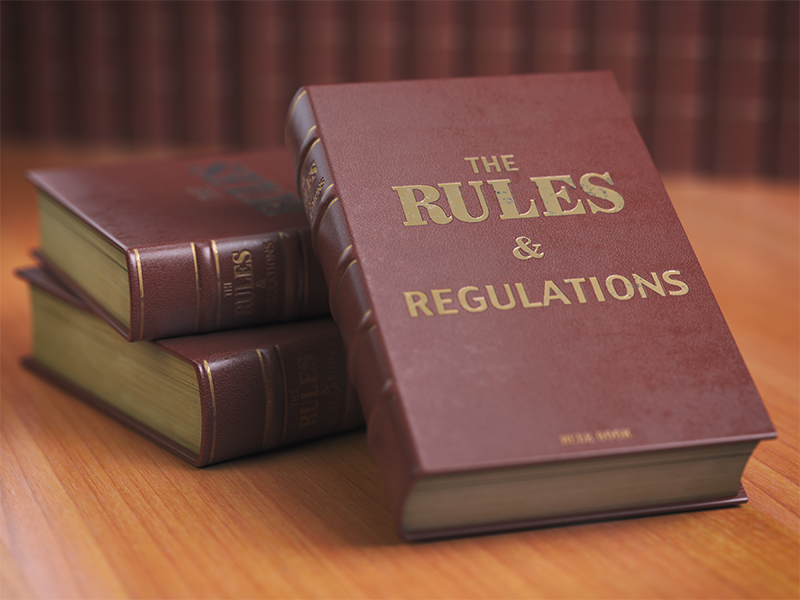Registration of Trust is mandatory in certain cases and not mandatory in some other cases. Let us examine here where the registration of trust is a mandatory requirement.
Cases where Registration of Trust is compulsory:
The instrument if any, by which the Trust is declared, is called the instrument of Trust or Trust Deed. Section 5 of the Indian Trusts Act provides that a private Trust in relation to an immovable property must be created by a non-testamentary instrument in writing, signed by the author of the trust or the trustee. The Section 17 of the Indian Registration Act 1908 deals with the documents that are compulsory to be registered. As per section 17, in case a Trust is declared by a non-testamentary instrument, the registration of a trust is necessary. This registration would still be required, even if the instrument declaring the trust is exempt from registration under the Indian Registration Act.
In case of Charitable or religious Trust in relation to an immovable property, for claiming exemption u/s. 11 of the I.T. Act 1961, it is essential that the instrument of trust is duly registered.
Cases where Registration of a Trust is not compulsory:
Registration will not be required, of a trust in relation to movable property.
Registration of a trust is not compulsory if a private Trust declared by a WILL even if it involves immovable property.
In case of Public Trust, whether in relation to movable property or an immovable property and whether created under a WILL or inter vivos, registration is optional. However, In case of Charitable or religious Trust in relation to an immovable property, for claiming exemption u/s. 11 of the I.T. Act 1961 it is essential that the instrument of trust is duly registered.
Nevertheless, registration of a trust is always desirable even if it is not statutorily necessary because of following advantages.
- The object of registration is conservation of evidence and title. The registered trust deed can be produced whenever required as lawful evidence of the trust and title to its property;
- Registered trust effectuates Transmutation of possession;
- The trust-property can be easily conveyed to the Trustee/s;
Documents required for Registration of Trust:
- Trust Deed: The Trust deed shall be prepared on a stamp paper (requisite value of the stamp paper varies from state to state based on the value of the Trust property). Trust deed comprise following information (i) Objective of the Trust (ii) The details of the Settler and trustees like Name, Occupation, Address, Age, Father’s Name, Designation, Mobile Number, Email Address, are required (iii) Minimum and maximum number of trustees (iv) Address of the registered office of the trust, (vi) bye-laws (Rules and Regulations) of trust.
- Proposed name of the trust (minimum 3 preference required to be given)
- Photographs of settler and Trustees and copy of the proof of identity of the Settler and each of the trustees.
- Physical Presence of Settler with physical presence of two witnesses with original ID proof is required at the time of registration. In some states presence of trustees is compulsory. However, in some states written consent of the trustees with their id proof is sufficient
Income Tax formalities:
After valid trust registration, one shall go for 12A and 80G registration to get the Tax benefits. An application to be made for registration in the prescribed form (Form 10A) and in the prescribed manner to the Commissioner of Income tax either before 1st July 1973 or within one year from the date on which the trust is created whichever is later. In case where the total income of the trust or institution without giving effect to the provisions of section 11 & 12 exceeds 50,000/- in any previous year, the accounts of the trust or institution for that year has to be audited by a chartered accountant or any other accountant entitled to be appointed as an auditor of companies. The report of audit should be in Form No. 10B prescribed in the Income-tax Rules, 1962 and said audit report has to be furnished along with the return of income.
Related article:
How to open Trust or Foundation account in Bank?






